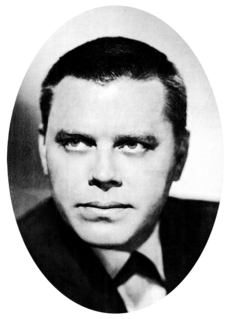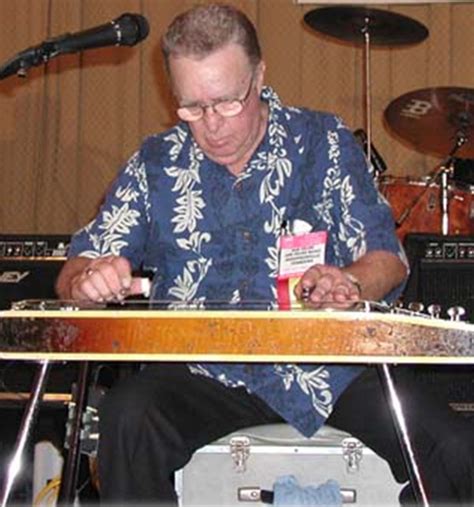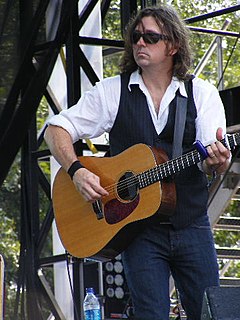A Quote by Astrid S
I use my phone to record notes or hum melodies. That's how I remember them.
Related Quotes
Jim had melodies as well as words. He didn't know how to play a chord on any instrument, but he had melodies in his head. To remember the lyrics he would think of melodies and then they would stay in his head. He had melodies and lyrics in his head, and he would sing them a cappella, and we would eke out the arrangements.
I try to keep my eyes and ears open all the time for the bones of my next song: things people say, melodies I hear in my head, and little musical parts I may stumble across. I write them down or record them on my phone. Whatever I need to do to keep the idea for later when I have the time to sit down with it. So writing for me is a 24/7 pursuit.
What comes first? The melody, always. It's all about singing the melodies live in my head. They go in circles. I guess I'm quite conservative and romantic about the power of melodies. I try not to record them on my Dictaphone when I first hear them. If I forget all about it and it pops up later on, then I know it's good enough. I let my subconscious do the editing for me.
I could always hold a melody, but I was never like, I'm going to be a singer. So I'm able to use that when I write. I'm actually playing the beat with my voice. Instead of thinking about coming up with melodies, it's like filling in the instruments. So sometimes it's better to have beats with less melodies in them, because then I can play more with my vocals.




































